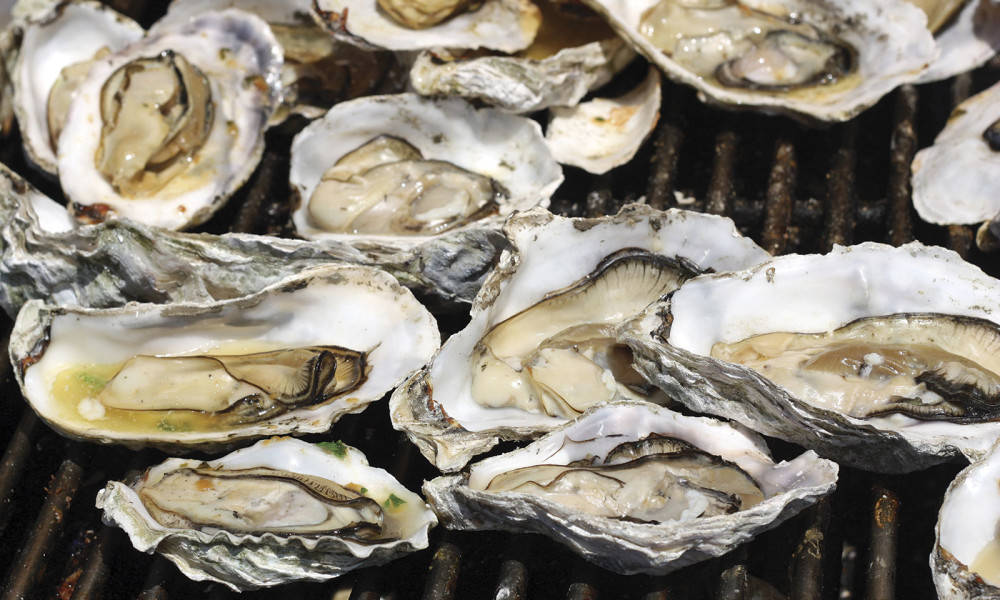

If your goal is to have ripped abs, a muscular body, and long-lasting sex, then your total testosterone levels should be between 270 and 1,100 nanograms per deciliter (depending on the testing method). Testosterone is a powerful and natural anabolic hormone that impacts everything from impotence, sex drive, fat storage, man boobs, ability to build muscle, mood, disease, and even cancer.
While testosterone production is genetically regulated and determined, and while genetic coding is not yet within our ability to control, we do have the ability to influence genetic expression—and therefore testosterone production—by manipulating four factors: exercise, nutrition, lifestyle, and supplementation.
If you have borderline testosterone levels and you’re considering testosterone replacement therapy—no matter your age—you should first attempt to raise your levels with exercise, stress control, nutrition, and sleep. Each of the following pro-testosterone steps will also boost your overall health and energy, and should be faithfully implemented before you consider getting a prescription or trying a testosterone-boosting supplement.
1. Feast On Fat
Studies have shown that monounsaturated fats help your body to create more testosterone and also help control the hormones that counter testosterone. Avocados, olives and olive oil, and nuts and seeds are all great sources of monounsaturated fats. It’s also critical to consume saturated fats from sources like coconut oil, eggs, and unprocessed meat (limit your consumption of lunch meats, hot dogs, and low-quality ground meats). These saturated fats are actually more beneficial to testosterone levels.
Although many guys try to keep their fat intake around 20 to 30 percent of their daily caloric intake, studies have shown that a diet of less than 40 percent fat can actually lead to a drop in testosterone. So if you’re running low on T, you may want to consider raising your total intake to 40 percent for at least a short experiment.
I can already hear some of you saying, “Eat more eggs and meat? What about all that cholesterol?” While many people avoid cholesterol for “health reasons,” in fact, dietary cholesterol has no significant impact on blood cholesterol. Furthermore, cholesterol is one of the building blocks of testosterone, so it should come as no surprise that a meat-eating, cholesterol-consuming diet would yield more of the big T than a vegetarian diet.
2. Get Enough Zinc
Zinc has been called “the man mineral” because it’s essential for testosterone production. Research has shown that increasing zinc for as few as six weeks can result in a dramatic increase in testosterone. On the flip side, numerous studies show that a zinc deficiency will result in a dramatic decrease of testosterone levels.
Experts agree that diet is better than supplementation when it comes to zinc. Oysters, grass-fed beef, spinach, asparagus, shiitake and cremini mushrooms, and sesame and pumpkin seeds are the best dietary sources of zinc.
3. Get Enough Vitamin D
Many people don’t realize that vitamin D is actually a hormone. It increases the amount and viability of sperm cells, and it also increases testosterone. Unfortunately, we’re wearing a lot of sunblock these days (not to mention that many people live in a region of the world where, at least some of the time, exposing the majority of your skin to the sun for any amount of time is virtually impossible), and many of us are also limiting dairy. Since these are our two best sources of vitamin D, many of us have a deficiency and don’t even realize it. Fortunately, there are plenty of non-dairy sources of vitamin D as well (cod liver oil, fish, oysters, mushrooms, eggs), but it’s difficult to get all you need solely from food.
4. Consume Cruciferous Vegetables
Mom was right: You really do need to eat your vegetables, especially cruciferous vegetables such as broccoli, cabbage, Brussels sprouts, cauliflower, bok choy, and kale. These contain powerful phytochemicals called indoles, which can reduce your estrogen levels.
While these vegetables won’t raise your testosterone levels per se, decreasing your estrogen will allow testosterone to pack a bigger punch (as estrogen inhibits the effects of testosterone). One to two cups of cruciferous veggies make a great addition to any meal, and they also make for a great snack.
5. Have Morning Sex
On top of burning a few extra calories each morning (and maybe more than a few if you’re on top, just sayin’), simply having an erection increases your testosterone. And you already get a surge of testosterone when you wake up, so this will bump it up even further. Tell your partner they need to do it for your health!
6. Don’t Drink Alcohol To Excess
To maintain a healthy testosterone count—and titanium erections—cut yourself off after two or three drinks when you do partake in beverages of the adult variety. Binge drinking will kill your testosterone levels.
Alcohol affects the endocrine system, causing your testes to stop producing the hormone. That’s one reason drinking often causes you to go limp at the moment of truth. Alcohol also has a fat-storing, muscle-wasting mechanism related to the work of the stress hormone cortisol.
Finally, the more you drink the more calories you’re taking in and the greater your chances of gaining fat. Fat is one of the biggest enemies to testosterone because greater body-fat levels equals more estrogen.
7. Turn Off The Netflix
Aside from the fact that lack of sleep will also stimulate the release of cortisol, your body produces and synthesizes testosterone during sleep, particularly during the first few hours. Commit to getting to bed early enough to get at least seven (but preferably eight) hours of sleep. Do everything you can to go to bed in a restful state, ready to sleep. That means turning off the TV in bed and putting all electronics away. So if you’re working long hours, surfing the Web, or clubbing ’til the wee hours in the morning, don’t be shocked if your sex drive starts to take a crash.
8. Keep An Eye On Your Stress Levels
Stress stimulates an immediate release of cortisol, which produces an almost equal drop in testosterone. These two hormones are like a seesaw: one of them is always dominant. Testosterone tells your body to use calories as energy and to build muscle, cortisol tells your body to store calories as fat. Do whatever you need to do to reduce your stressors, both large and small. It’s not just the big things that will prompt a cortisol increase, running late to work can do it just as much.
9. Train For Testosterone
Whether it’s high-intensity interval training (HIIT) or a heavy lifting session, exercising in short bursts of maximal effort stimulates the production of testosterone. On the other hand, doing long-duration steady cardio or performing countless sets and reps can raise cortisol.
You certainly don’t need to lift heavy all the time, but you should spend a portion of your training time performing sets of eight or less reps. And don’t go crazy with the HIIT—a couple quality sessions each week will go a long way. IM






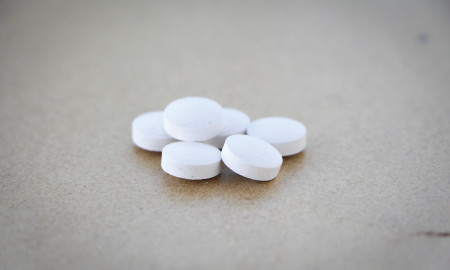
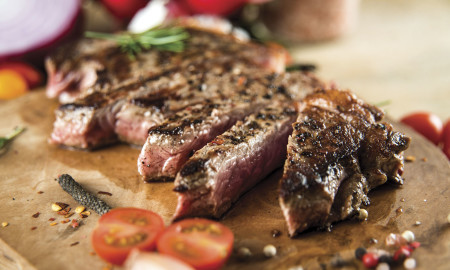







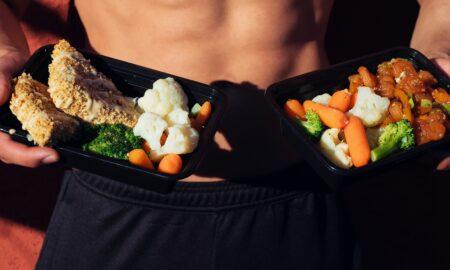




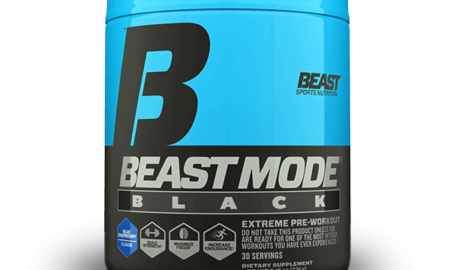
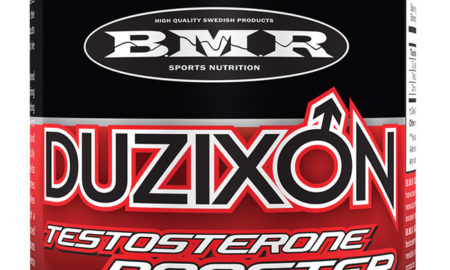
You must be logged in to post a comment Login